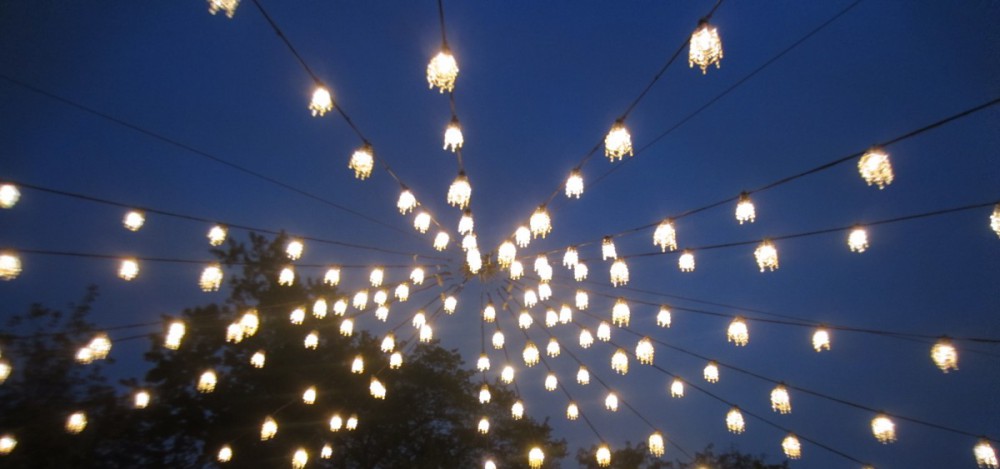Wikipedia seems like it’s been around for ever but in fact, it has only been around since 2001. As an example of collaboration, Wikipedia is perfect. It functions as an encyclopaedia with content provided and is edited by countless people. You can basically find any topic and it supersedes any classical book we have today. The concept of Wikipedia is that if the information is wrong, then someone will correct it and eventually it will reach a level of accuracy. Even though there is oversight and governing rules, you can literally post without looking at them. And why is this a problem? It’s a problem because people or organizations with personal agendas, not committed to the truth, can easily corrupt and influence others who are naive to the facts. To be fair, companies and other organizations also use Wikipedia to update content in a number of technical and scientific fields and their knowledge is unquestionable, but its weaknesses is that anyone can add or edit the content of a listing and that allows for errors.
However, if I am to evaluate Wikipedia, I would say it needs to be critically viewed and used. Although I have never posted on Wikipedia, I use it continuously as an overview to all my papers. Yet, I would never use it as a single source. In fact, I like many others, was told not to use it as a works cited source in my projects. But now days, it is common practice to do so. I agree with James P. Purdy, Writing Spaces, that Wikipedia is perfectly fine to use as a gateway to other sources. Yet Wikipedia represents our society where there is a one-to-many relationship. There is no longer one author but many authors and many entries. Therefore, a single posting can become a collaborative content.
While collaboration may appear to be a good thing, the context isn’t alway true. Maybe that means that the larger it gets, it loses it’s integrity. Yet our ability to think logically and reason is crucial in this world of participatory culture that fosters creativity and innovation. Wikipedia is a platform that brings contents and creating context together and given the abundance of information, there is no wonder that we cannot do without it. There are those who say Wikipedia is dying, but even with its inconsistant quality of information, it is still the best encyclopedia we have ever had.




Your evaluation of Wikipedia is very much what I think I would say as well. I also like how effortlessly you are able to bind the other sources with your opinion.
Great post! you thoroughly summarized the idea behind Wikipedia and why some users may not account for it as a credible source. Ultimately, just like technology, Wikipedia will never go away. Do your children use Wikipedia for their school work?
Great post, I love the way you think!
My children who are in the 8th, 9th, and 11th grades all use Wiki and it’s not considered an issue at school.